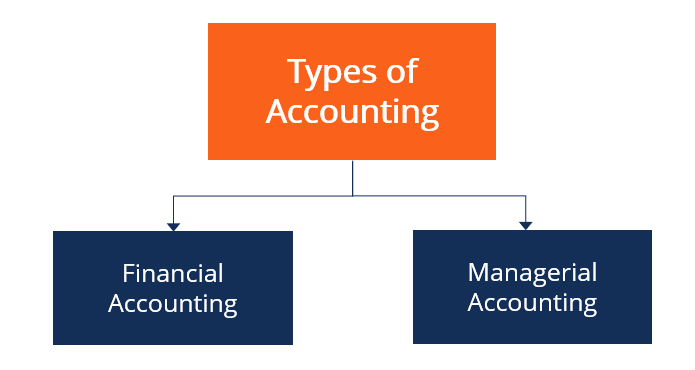
The process of consolidating financial information to make it clear and understandable for all stakeholders and shareholders
Over 1.8 million professionals use CFI to learn accounting, financial analysis, modeling and more. Start with a free account to explore 20+ always-free courses and hundreds of finance templates and cheat sheets.
What is Accounting?
Accounting is a term that describes the process of consolidating financial information to make it clear and understandable for all stakeholders and shareholders. The main goal of accounting is to record and report a company’s financial transactions, financial performance, and cash flows.
Accounting standards improve the reliability of financial statements. The financial statements include the income statement, the balance sheet, the cash flow statement, and the statement of retained earnings. The standardized reporting allows all stakeholders and shareholders to assess the performance of a business. Financial statements need to be transparent, reliable, and accurate.
Key Highlights
- Accounting is a term that describes the process of consolidating financial information to make it clear and understandable for all stakeholders and shareholders.
- The main goal of accounting is to accurately record and report an organization’s financial performance.
- Accounting can be classified into two categories – financial accounting and managerial accounting.
Importance of Accounting
Keeps a record of business transactions
Accounting is important as it keeps a systematic record of the organization’s financial information. Up-to-date records help users compare current financial information to historical data. With full, consistent, and accurate records, it enables users to assess the performance of a company over a period of time.
Facilitates decision-making for management
Accounting is especially important for internal users of the organization. Internal users may include the people that plan, organize, and run the organization. The management team needs accounting in making important decisions. Business decisions may range from deciding to pursue geographical expansion to improving operational efficiency.
Communicates results
Accounting helps to communicate company results to various users. Investors, lenders, and other creditors are the primary external users of accounting information. Investors may be deciding to buy shares in the company, while lenders need to analyze their risk in deciding to lend. It is important for companies to establish credibility with these external users through relevant and reliable accounting information.
Meets legal requirements
Proper accounting helps organizations ensure accurate reporting of financial assets and liabilities. Tax authorities, such as the U.S. Internal Revenue Service (IRS) and the Canada Revenue Agency (CRA), use standardized accounting financial statements to assess a company’s declared gross revenue and net income. The system of accounting helps to ensure that a company’s financial statements are legally and accurately reported.
Types of Accounting
Accounting can be classified into two categories – financial accounting and managerial accounting.

Financial Accounting
Financial accounting involves the preparation of accurate financial statements. The focus of financial accounting is to measure the performance of a business as accurately as possible. While financial statements are for external use, they may also be for internal management use to help make decisions.
Accounting principles and standards, such as US GAAP (Generally Accepted Accounting Principles) or IFRS (International Financial Reporting Standards), are standards that are widely adopted in financial accounting. The accounting standards are important because they allow all stakeholders and shareholders to easily understand and interpret the reported financial statements from year to year.
Managerial Accounting
Managerial accounting analyzes the information gathered from financial accounting. It refers to the process of preparing reports about business operations. The reports serve to assist the management team in making strategic and tactical business decisions.
Managerial accounting is a process that allows an enterprise to achieve maximum efficiency by reviewing accounting information, deciding on the best next steps to follow, and then communicating these next steps to internal business managers.
An example of managerial accounting is cost accounting. Cost accounting focuses on a detailed break-up of costs for effective cost control. Managerial accounting is very important in the decision-making process.
Careers in Accounting
The role of an accountant is to responsibly report and interpret financial records. Small businesses may hire only one accountant. Large companies may employ an entire accounting department.
The accounting profession covers a broad range of roles, including bookkeeping, tax planning, and audit. Accountants may become certified with designations, such as Certified Public Accountant (CPA) in the U.S., Chartered Accountant (ACA) in the U.K., Chartered Professional Accountant (CPA) in Canada, and so on. The four largest accounting firms globally include Deloitte, KPMG, PwC, and EY.


